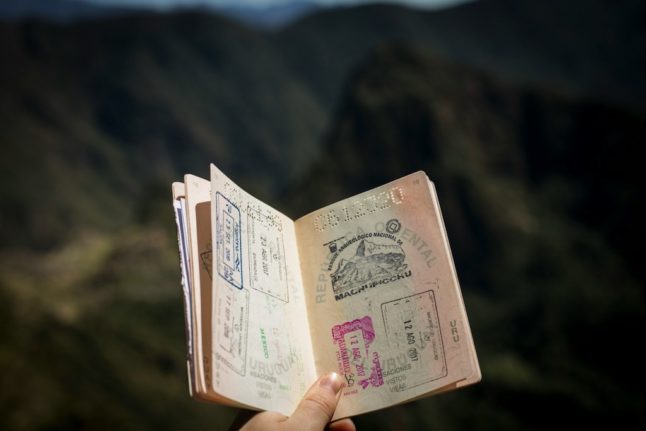What is AIRE?
AIRE (acronym for Anagrafe Italiani Residenti all’Estero) is a register of Italians living abroad.
First established in 1988, it essentially holds the personal data, including address and vital records, of Italian citizens living outside of Italy.
AIRE is managed directly by a person’s Italian municipality (or comune) of origin on the basis of information passed on from consular authorities abroad.
Who needs to register?
Registration with AIRE is mandatory for the following two categories:
- Italian citizens who transfer their residency abroad for a period of at least 12 months
- Italian citizens who already live abroad, either because they were born there, or because they became Italian citizens later in life, regardless of how they acquired citizenship
For people moving abroad, the registration request must be submitted to the relevant consular office within 90 days of arrival in the consulate’s jurisdiction.
Those failing to register with AIRE face fines from a minimum of 200 to a maximum of 1,000 euros for each year of non-registration, for a maximum of five consecutive years.
READ ALSO: Five surprising Italian citizenship rules you should know about
AIRE registration is not required in the following cases:
- Italian citizens who move abroad for a period of less than 12 months
- Seasonal workers
- Permanent civil servants and State employees serving abroad
- Italian military personnel serving in NATO offices and facilities located abroad
Why should I register?
As mentioned above, registering with AIRE is a requirement for Italian citizens living abroad and there are penalties for failure to do so.
However, registration is also important because it gives access to several key consular services and is a prerequisite to be able to exercise important rights, including:
- Voting by mail in Italian general elections and referendums, and voting to elect Italian members of the European Parliament (the next European Parliament election is scheduled to take place in early June 2024).
- Applying for a new passport (or the renewal of an existing one), travel documents, and vital records and certificates
- Renewing an Italian driver’s licence
How can I register?
To register with AIRE, you’ll need to submit a signed application form and the required documentation to the consulate that covers the jurisdiction where you live. In most cases, you’ll be able to do at least part of the process through the Italian Foreign Ministry’s FastIt online portal.
Details on how to complete the forms and the relevant documentation is generally available on the website of the consular office covering your area of residence.
Registering with AIRE is free of charge and the effective date of registration corresponds to when the relevant comune in Italy receives your personal data from the Italian consulate.
This will be the comune where you lived prior to moving abroad or, if you gained citizenship by descent abroad, where your Italian ancestor was born.
READ ALSO: An expert guide to getting Italian citizenship via ancestry
Following registration, it is citizens’ responsibility to communicate any changes in their personal details, including changes of address or in civil status. This can generally be done on the FastIIt portal.
Please note: if you apply for Italian citizenship by descent from abroad, the registration with AIRE can sometimes be carried out automatically by the Italian consulate to which you apply for the recognition of Italian citizenship.
What happens if I move to Italy?
If you relocate to Italy, your AIRE file will be closed as soon as you register as a resident in the Italian comune where you intend to reside.
What happens if I move to another foreign country?
Italian citizens already registered with AIRE and moving from one country to another (for instance, from England to Germany) can update their address and country of residence using the FastIt online portal.
Does AIRE registration mean losing access to Italy’s healthcare system?
Italian citizens registered with AIRE lose access to Italy’s National Healthcare (Sistema Sanitario Nazionale) upon registration.
However, in the case of temporary stays in Italy, they can access urgent medical services free of charge for up to 90 days per year provided that they have no other insurance policy, either public or private.
Access to Italian National Healthcare is automatically reinstated when establishing or reestablishing residence in Italy.
For more information about AIRE, see the Italian Foreign Ministry’s website.



 Please whitelist us to continue reading.
Please whitelist us to continue reading.
I did not do this and went to the embassy in London to renew my passport I could not do it because I had not done this ,so I now have to start all over again.